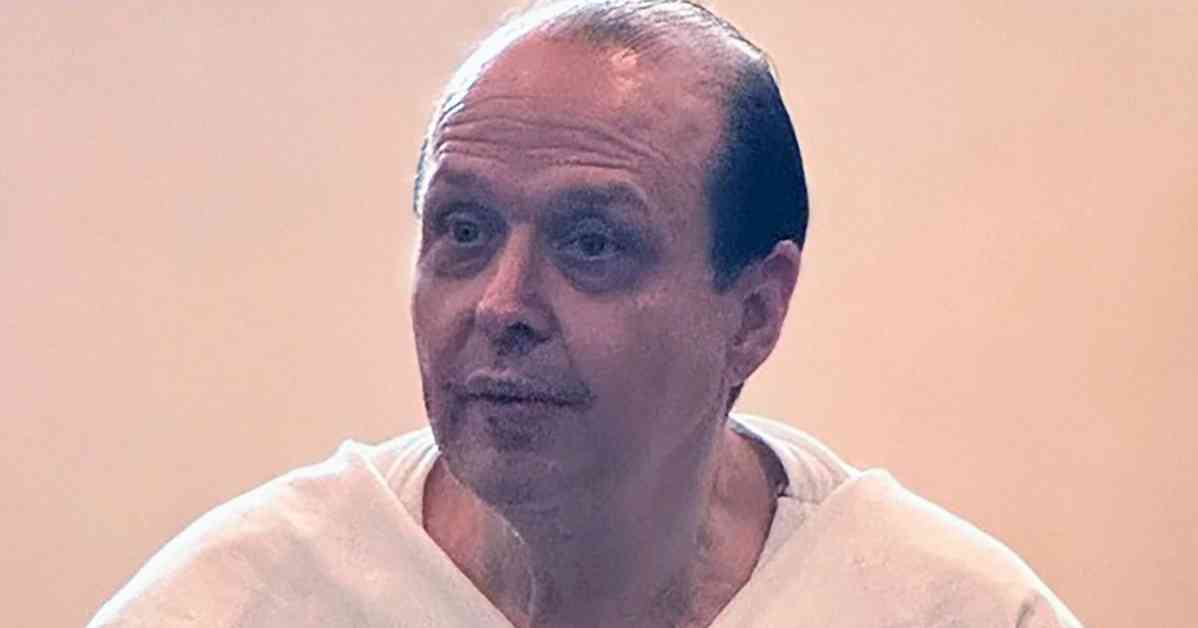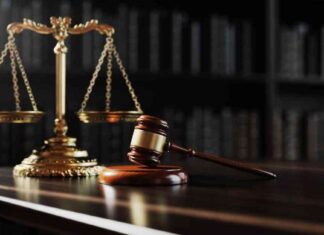The Texas man, Robert Roberson, who was convicted of killing his 2-year-old daughter based on a shaken baby syndrome diagnosis, had his execution delayed by Texas lawmakers just hours before it was set to happen. The state Board of Pardons and Paroles had initially declined to recommend clemency or grant a reprieve, but a last-minute effort led to a temporary restraining order being issued.
Roberson’s legal team filed a petition to the U.S. Supreme Court to stay his execution, arguing that new evidence of his innocence had not been considered by the Texas Court of Criminal Appeals. Justice Sonia Sotomayor, while denying the stay, acknowledged that there was mounting evidence suggesting Roberson may be innocent.
The Texas House Criminal Jurisprudence Committee issued an unprecedented subpoena to Roberson, halting his execution and allowing him to testify on October 21. This move was based on a Texas law that allows prisoners to challenge their convictions if they were based on “junk science.” The committee heard testimony from medical experts and even the former lead detective in Roberson’s case, who expressed regret over his role in the conviction.
It was revealed during the testimony that Roberson’s daughter may have died from complications related to pneumonia rather than child abuse, as prosecutors had argued. Roberson, who has maintained his innocence for over 20 years, was diagnosed with autism later in life, a factor that his legal team believes played a significant role in his wrongful conviction.
The case has garnered support from a bipartisan group of lawmakers and medical experts who question the validity of the shaken baby syndrome diagnosis. With new evidence coming to light and doubts being raised about the initial investigation, Roberson’s case highlights the importance of ensuring that justice is served correctly.
As the legal proceedings continue, it is crucial to consider all the facts and evidence presented to prevent a miscarriage of justice. The delay in Roberson’s execution provides an opportunity to reexamine the case thoroughly and ensure that the right decision is made. The impact of this case reaches far beyond just one individual, shedding light on the flaws in the criminal justice system and the need for reforms to prevent similar injustices in the future.























